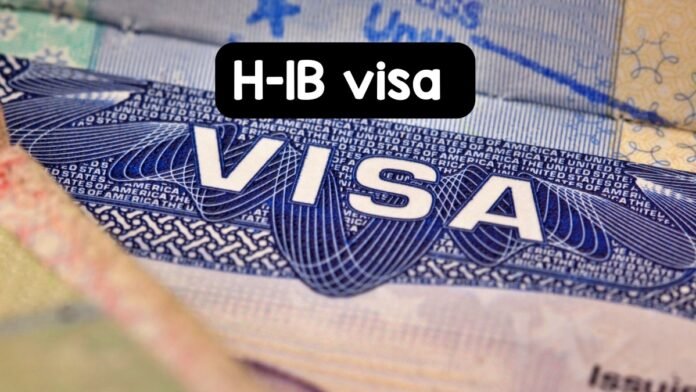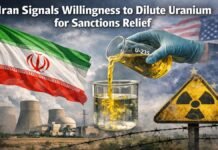
Washington D.C: In a groundbreaking decision, a US district court has affirmed the rights of H-1B visa holders to legally challenge the revocation of their visas when such actions are tied to allegations of fraud or misrepresentation by their employers. This ruling emerged from a lawsuit filed by ten Indian nationals holding H-1B visas, who took a stand against the US Citizenship and Immigration Services (USCIS) for unilaterally revoking their visas without due process.
The plaintiffs argued that the USCIS had breached procedural norms by issuing a “notice of intention to revoke (NOIR)” solely to their employers, thereby denying them the opportunity to contest the allegations or present their side of the story. They petitioned the court to compel the USCIS to reevaluate their cases and grant them the right to address any accusations of fraud.
The court’s decision marks a significant precedent, recognizing the entitlement of H-1B visa beneficiaries to be notified before any revocation of their visa status. The attorney representing the Indian visa holders hailed the ruling as an “unprecedented recognition” of their rights.
In their legal pursuit, the affected H-1B visa holders sought two primary outcomes: the removal of any fraud or misrepresentation charges against them and the reinstatement of their visa cap numbers. While the government conceded to the first demand, it opposed the second. However, the judge overruled the government’s objection to the second demand, leading the attorney to celebrate the judgment as an “incredible victory for H-1B workers.”

The case in question involved an H-1B visa holder whose employer had been convicted of visa fraud more than a decade and a half ago. Despite the employer’s fraudulent activities, the USCIS aimed to revoke the visas of individuals who were no longer associated with the company, prompting the legal challenge.
This ruling is poised to have far-reaching implications, offering H-1B visa holders a newfound avenue to defend their rights and maintain their legal status in the United States.





















































